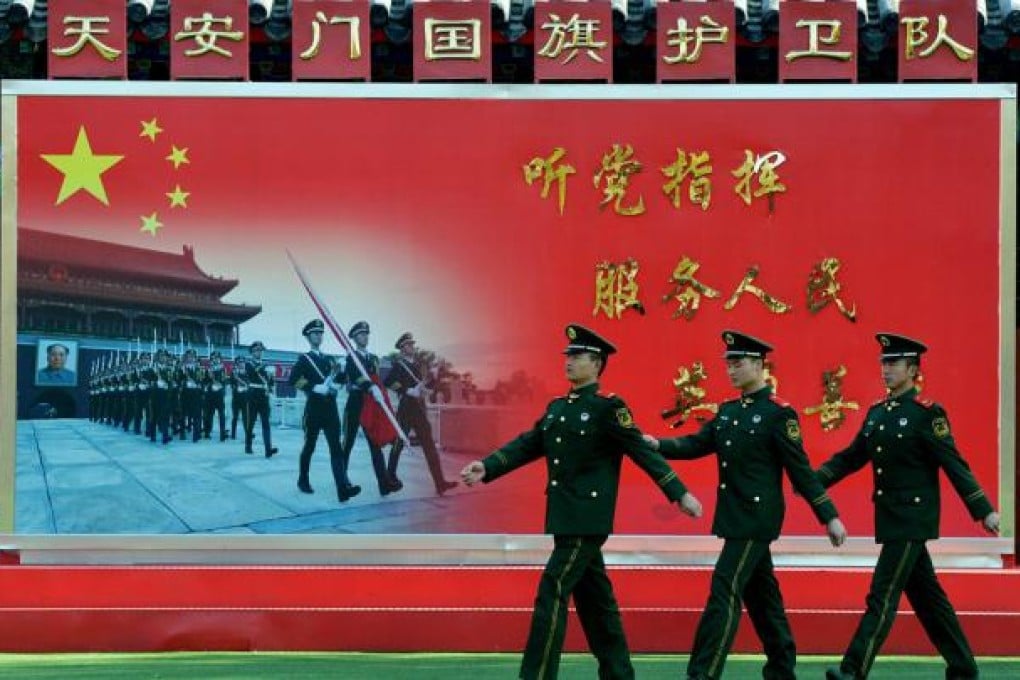Quickest way to get corrupt officials to change is threat of trial by microblog
Dan Hough says nothing prompts change as quickly as the threat of imposed accountability

From his speech at the 18th national party congress last month, it was clear that, for outgoing President Hu Jintao, fighting corruption was a priority. President-to-be Xi Jinping also appears to want to tackle the issue head on.
There is, however, a major problem facing those seeking to take Hu and Xi's lead and clean up Chinese politics. For both politicians, the challenge of tackling corruption is essentially a technocratic one. Beefed-up laws, nuanced sets of rules and regulations, specific codes of conduct and new sets of oversight procedures will help purge - at times in dramatic fashion, as disgraced Chongqing party boss Bo Xilai discovered earlier this year - the self-serving bureaucrats and politicians who put their own interests before those of the Chinese state and people.
This position fits much of the rhetoric of the global anti-corruption community. But, if this strategy is ultimately pursued, it will be as unsuccessful as many of their other efforts have been. There are times when tweaking (or actually following) the rules of the game makes sense. But it is not going to work in China.
On paper, much of what the Chinese government seeks to do is laudable: wide-ranging anti-corruption laws were introduced in 2006 and were tightened and expanded in 2010. Compliance programmes have been developed. Yet corruption remains stubbornly high.
What can be done? The system serves the ruling elite well - the majority of China's US dollar millionaires count a middle- or high-ranking Communist Party member in their family. It's no good pointing a finger and asking those with strong vested interests to change. They won't.
Experience in other high-corruption countries indicate that a vibrant online community - such as the one that has developed recently in China - is a great way to prompt elites to change. If you want evidence of this, think of the recent case of the railways minister who was rumbled by a blogger who noticed his taste for expensive watches. Ultimately, transparency and accountability will undermine graft in China, and the challenge for anti-corruption activists is to find clever and subtle ways of fostering these processes.